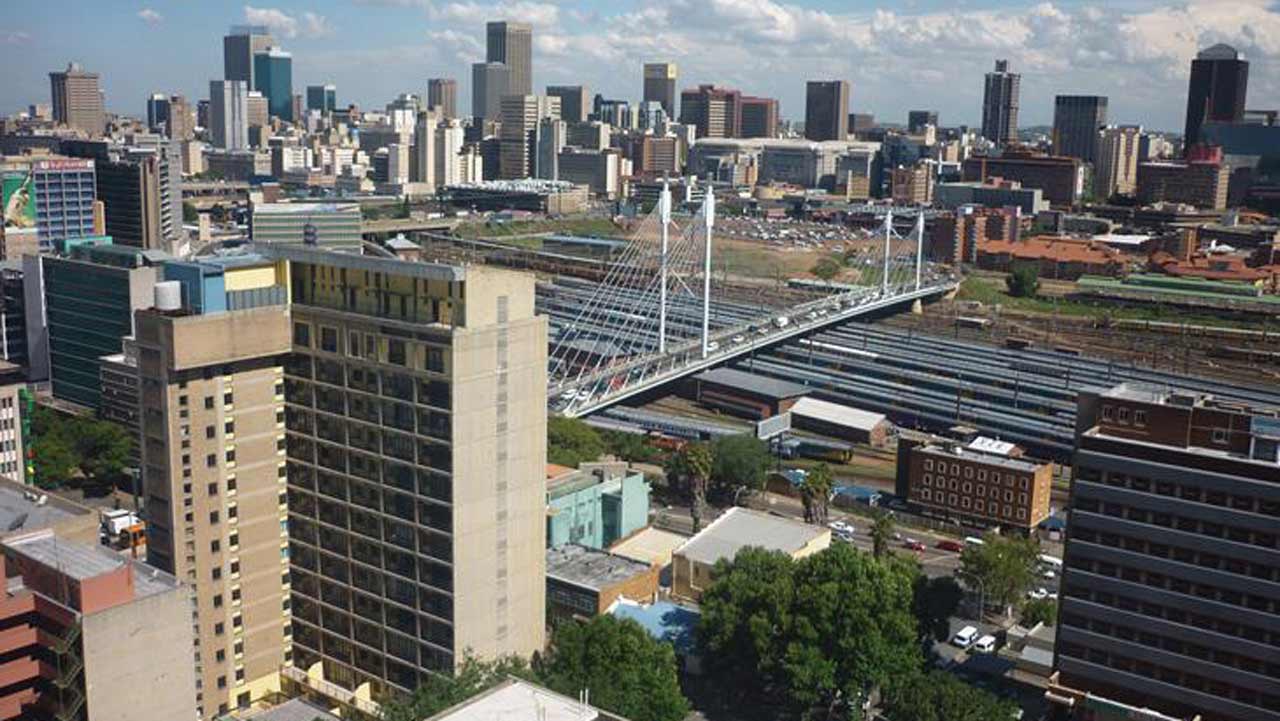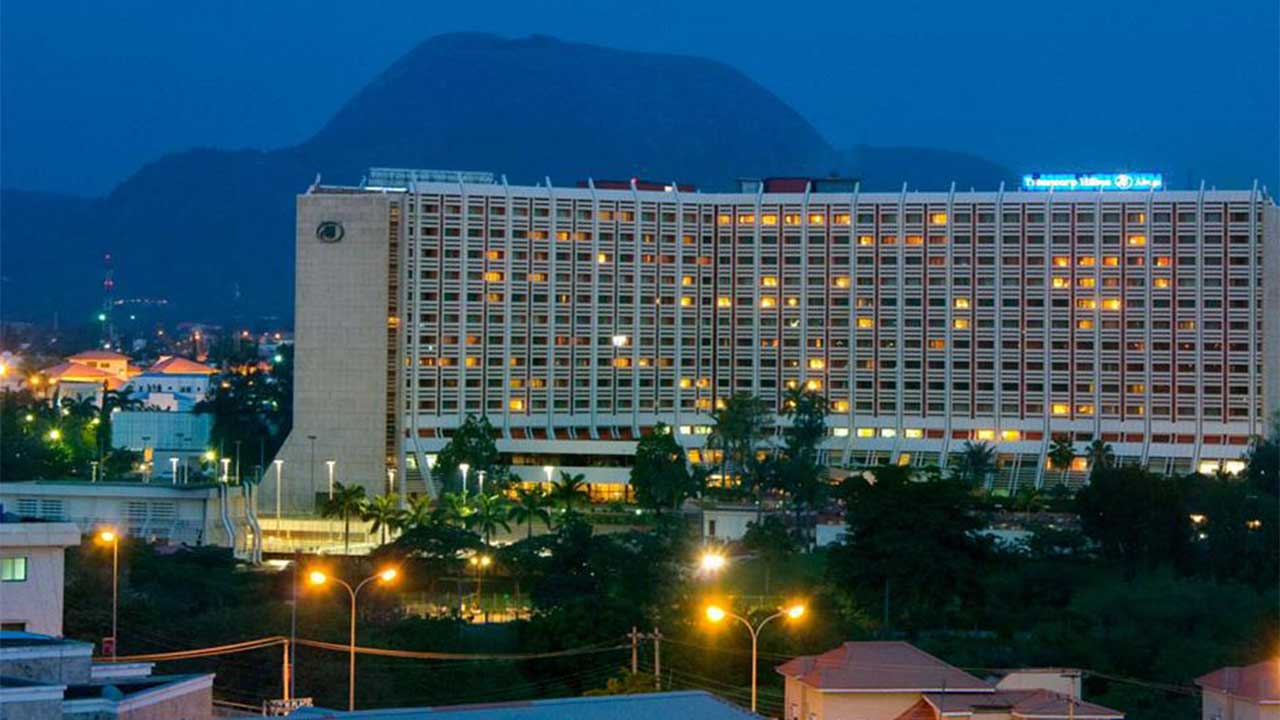- Nigeria, Others’ GDP Seen Growing at 5% in Next Five Years
One of the leading financial advisory firms in the world, UBS Wealth Management’s Chief Investment Office (CIO), has predicted that the Gross Domestic Product (GDP) of some economies in Africa, such as Egypt, Kenya and Nigeria, can comfortably grow at five per cent or more in the years ahead.
The firm stated this in its latest report titled: ‘Africa – Cradle of diversity’. It noted that the region’s young and growing population and its prospering middle class would be the key to sustaining such high growth rates.
For Nigeria, figures from the National Bureau of Statistics (NBS) last week showed that the economy exited recession by expanding marginally in the second quarter (Q2) of the year. The NBS figures showed that the economy grew by 0.55 per cent (year-on-year) in Q2 2017.
However, the UBS-CIO report stated that achieving sustainable economic growth would require necessary economic reforms, infrastructure investment and measures to encourage a more diversified economy continue and expand, especially in countries that are the least diversified, especially Nigeria.
It further stated that fostering economic integration within the region and nurturing its role as a global manufacturing hub were two of the many exciting trends that would help shape Africa’s future.
For Nigeria, it held the view that Africa’s largest economy offers significant potential but it must widen its tax base and broaden its activities away from oil.
It also argued that liberalisation of naira exchange rates will be crucial in attracting foreign investment.
The report highlighted 64 nations the International Monetary Fund had projected to have average real GDP growth of more than four per cent in the next five years, stating that more than half are in Africa.
According to the report, as Africa’s largest country both in terms of GDP and population, Nigeria offers enormous potential for the nation’s domestic market.
The UN expects Nigeria’s population to reach up to one billion people by 2100, offering unusual potential for growth. At the same time, population growth presents a significant challenge in terms of job creation for new labor market entrants and the nation’s geographic limitations, considering Nigeria’s territory is approximately the size of Texas.
In addition, the UBS CIO research showed that indicators relating to governance and ease of doing business were clearly weaker than for peers, thus underpinning the need for reforms as foreseen in Nigeria’s Economic Recovery and Growth Plan.
Decisive factors outlined in the report included efforts to broaden the country’s tax base and to diversify its economy.
Nigeria’s revenue base heavily relies on oil-related activities, which exposes the nation’s fiscal balance to energy price shocks and volatility risks.
Nigeria is Africa’s largest oil exporter and while commodity exports remain a major growth driver in many African countries, their importance is slowly declining as domestic demand plays an expanding role in sustaining growth. Some of the continent’s fastest growing economies are concentrated in non-resource-rich countries like Côte d’Ivoire, Senegal, Kenya and Ethiopia, which are expected to grow between seven per cent and eight per cent in the next few years.
The report pointed out that the manufacturing industry was probably one of the most overlooked sectors in Africa, despite the continent’s potential to become the world’s next low-cost manufacturing hub and a leading global player in resource-intensive manufacturing.
“Competitive labor costs, abundance of raw materials, convenient transit locations for export and large markets for local consumption position many African countries well to replace Asian competitors as attractive locations to produce goods and draw manufacturing foreign direct investment.
In the short term, further progress toward the liberalisation of the Nigerian currency’s exchange rate will have a decisive impact on the inflow of such investment,” it added.
The Head of Central and Eastern Europe, Middle East and Africa, France and Belgium International at UBS Wealth Management, Ali Janoudi, said: “We see tremendous potential for Nigeria’s economy, which is Africa’s largest, but in order to achieve its potential, current reform programs must be implemented and in some instances, accelerated. The current climate of higher energy prices and relative domestic stability indicate now is the right time to act.”
On his part, the Head of Emerging Market Asset Allocation at UBS Wealth Management’s CIO, Michael Bolliger, said: “In the near term, oil will remain an important source of income for Nigeria. However, the impressive growth rates of non-resource-rich countries in Africa clearly indicate that development beyond oil is the way forward.”
The report stated further that Africa’s glass half-empty, half-full perception of the opportunities on offer hinges on whether one believes the region’s significant potential for development can be realised.


 Forex2 weeks ago
Forex2 weeks ago


 Naira2 weeks ago
Naira2 weeks ago
 Billionaire Watch2 weeks ago
Billionaire Watch2 weeks ago




 Naira2 weeks ago
Naira2 weeks ago




 Naira2 weeks ago
Naira2 weeks ago




 Naira4 weeks ago
Naira4 weeks ago


 Naira6 days ago
Naira6 days ago
 Banking Sector4 weeks ago
Banking Sector4 weeks ago





















